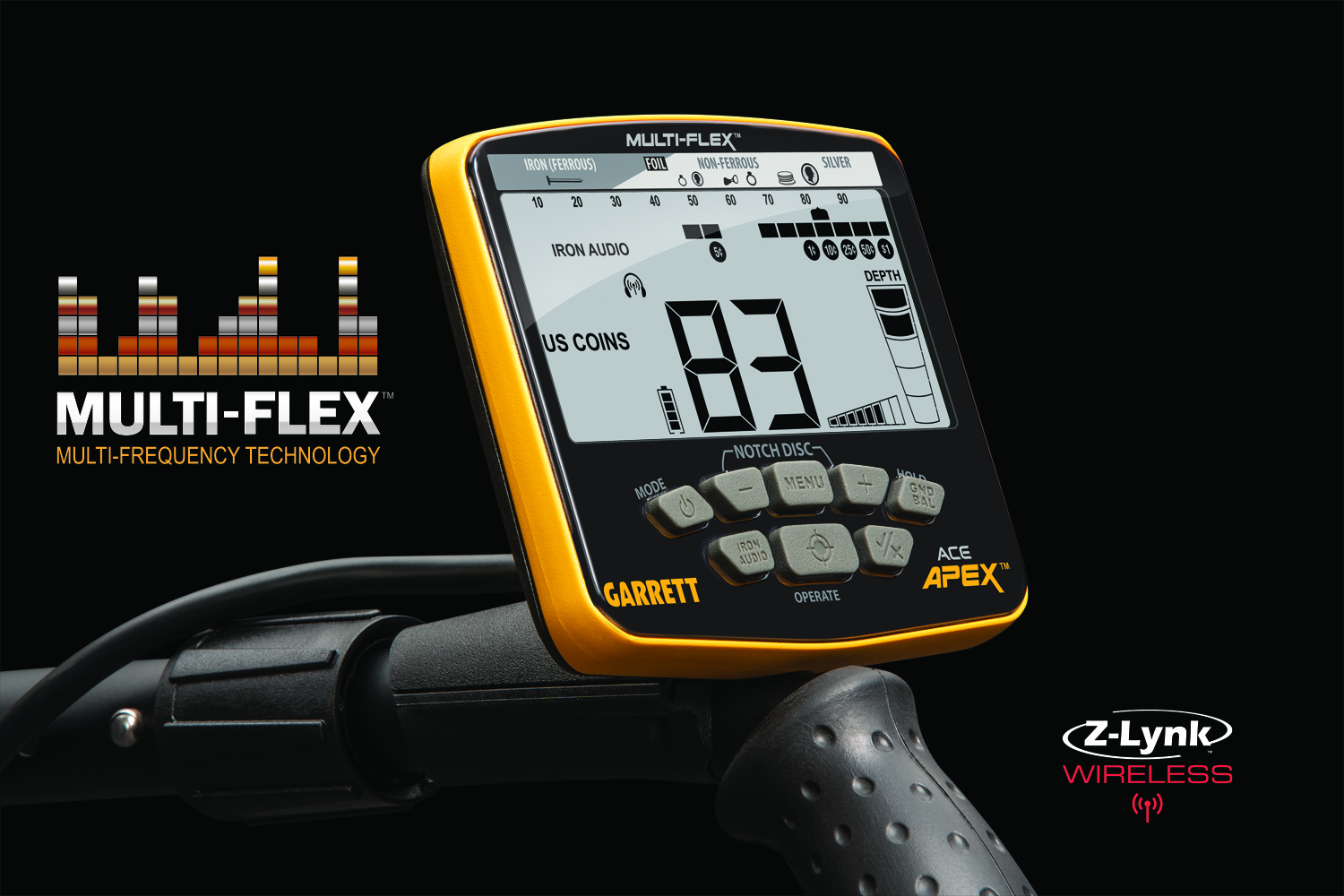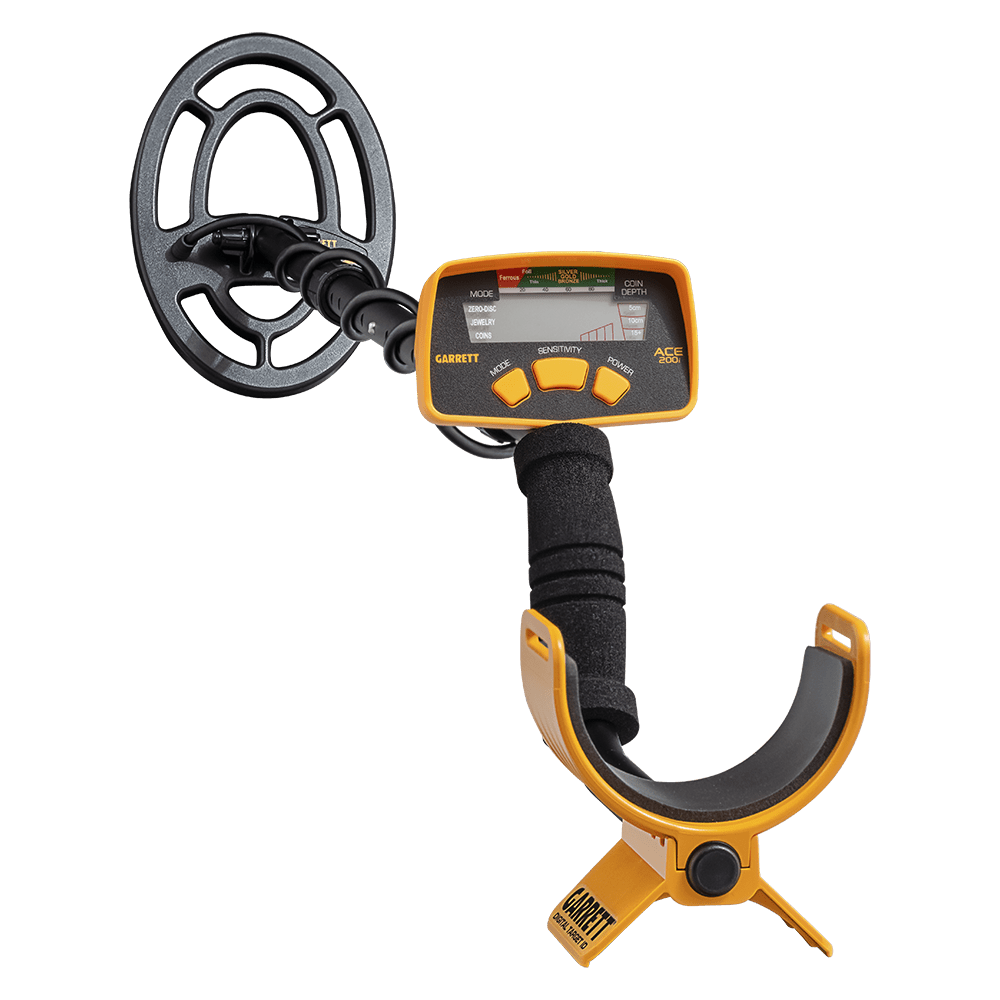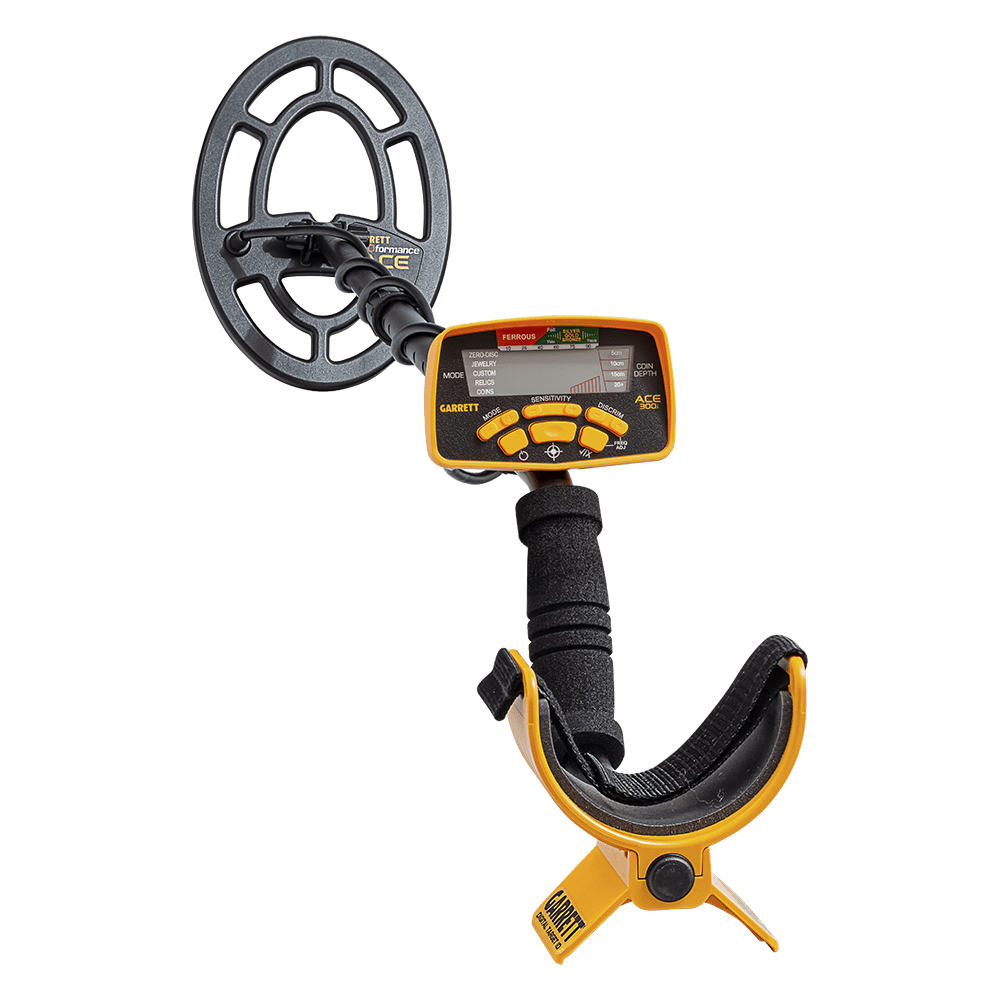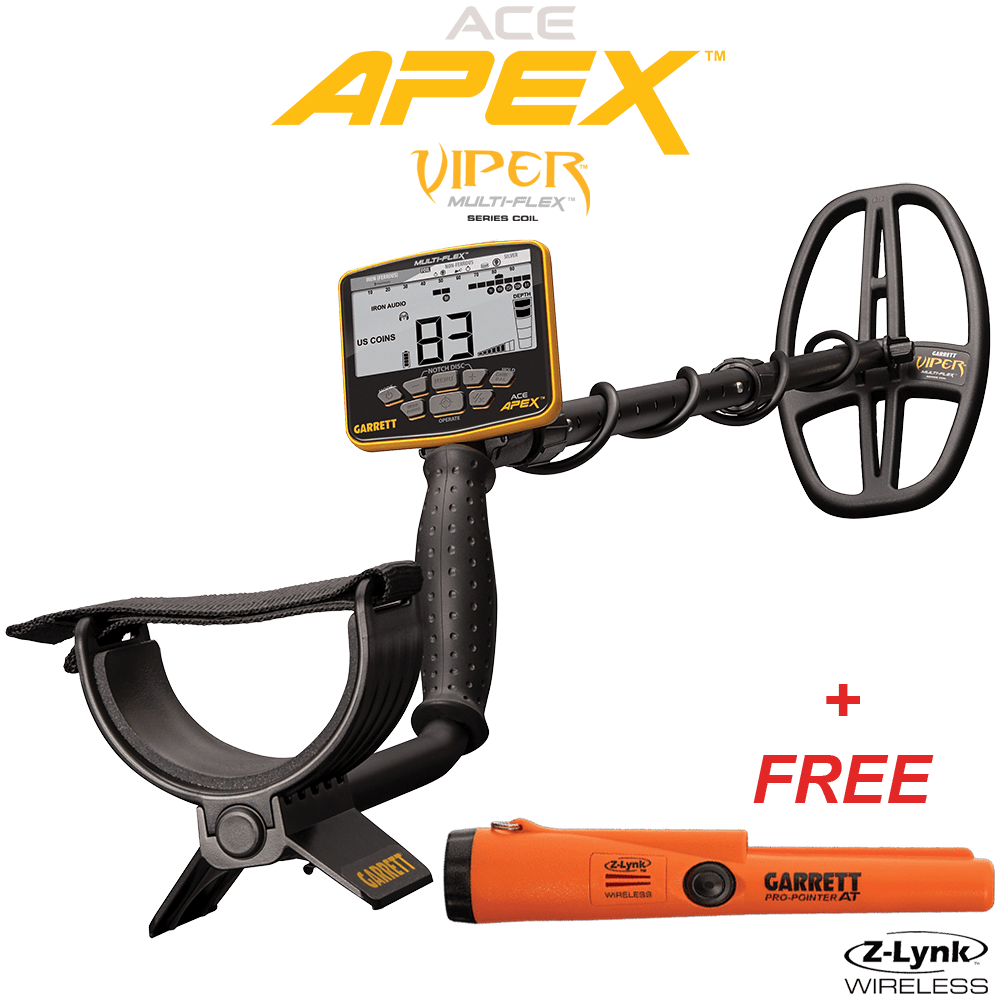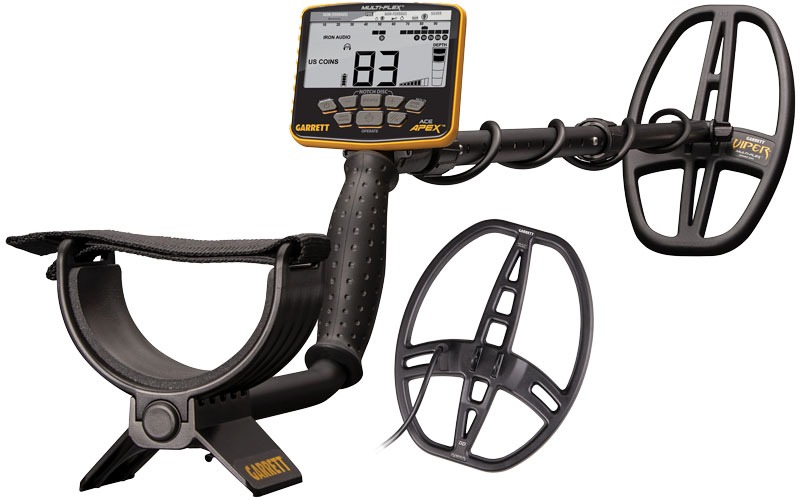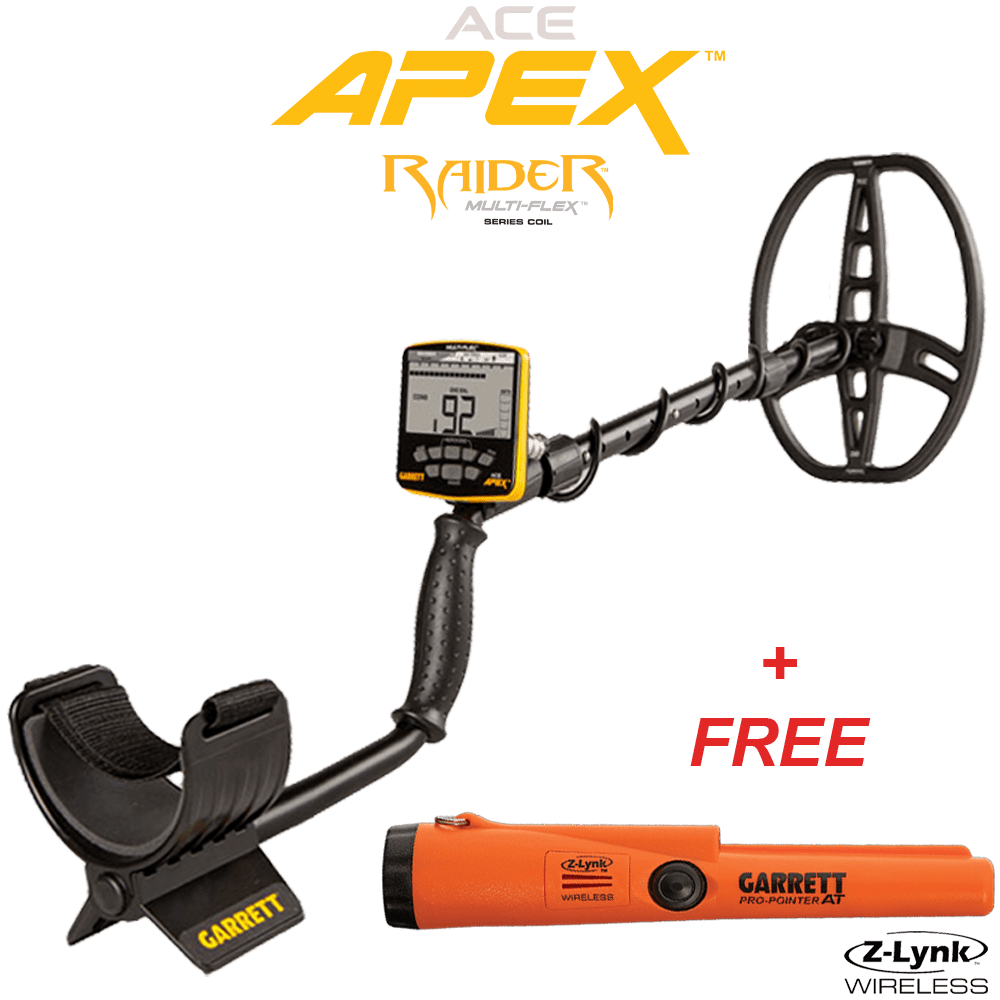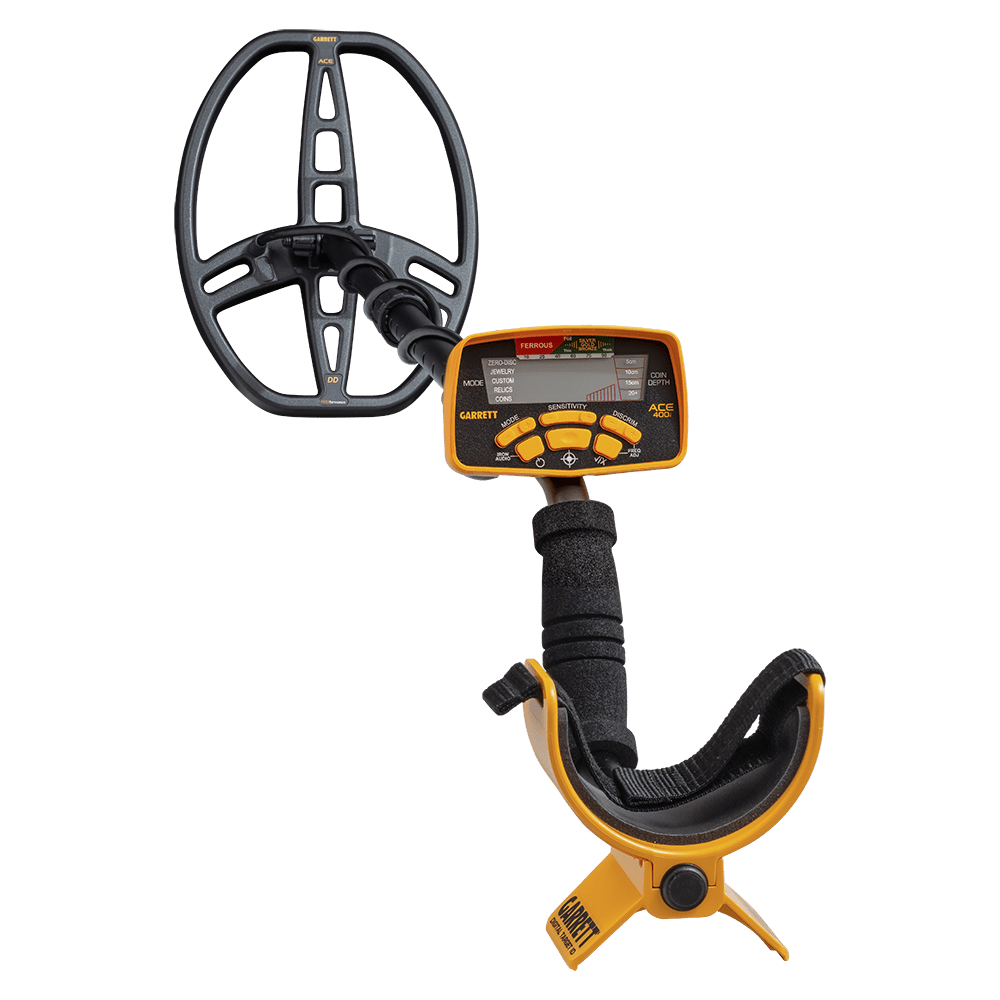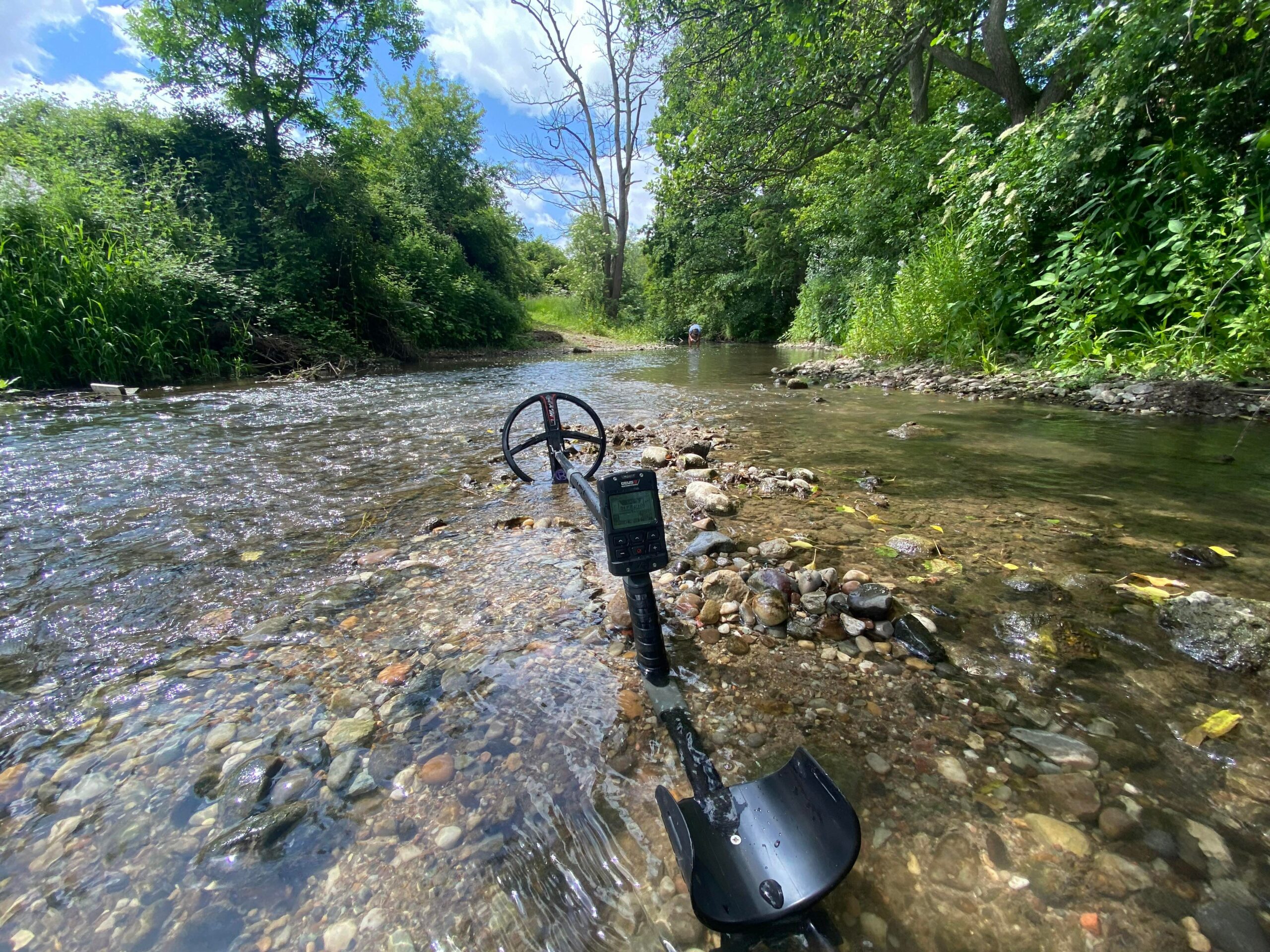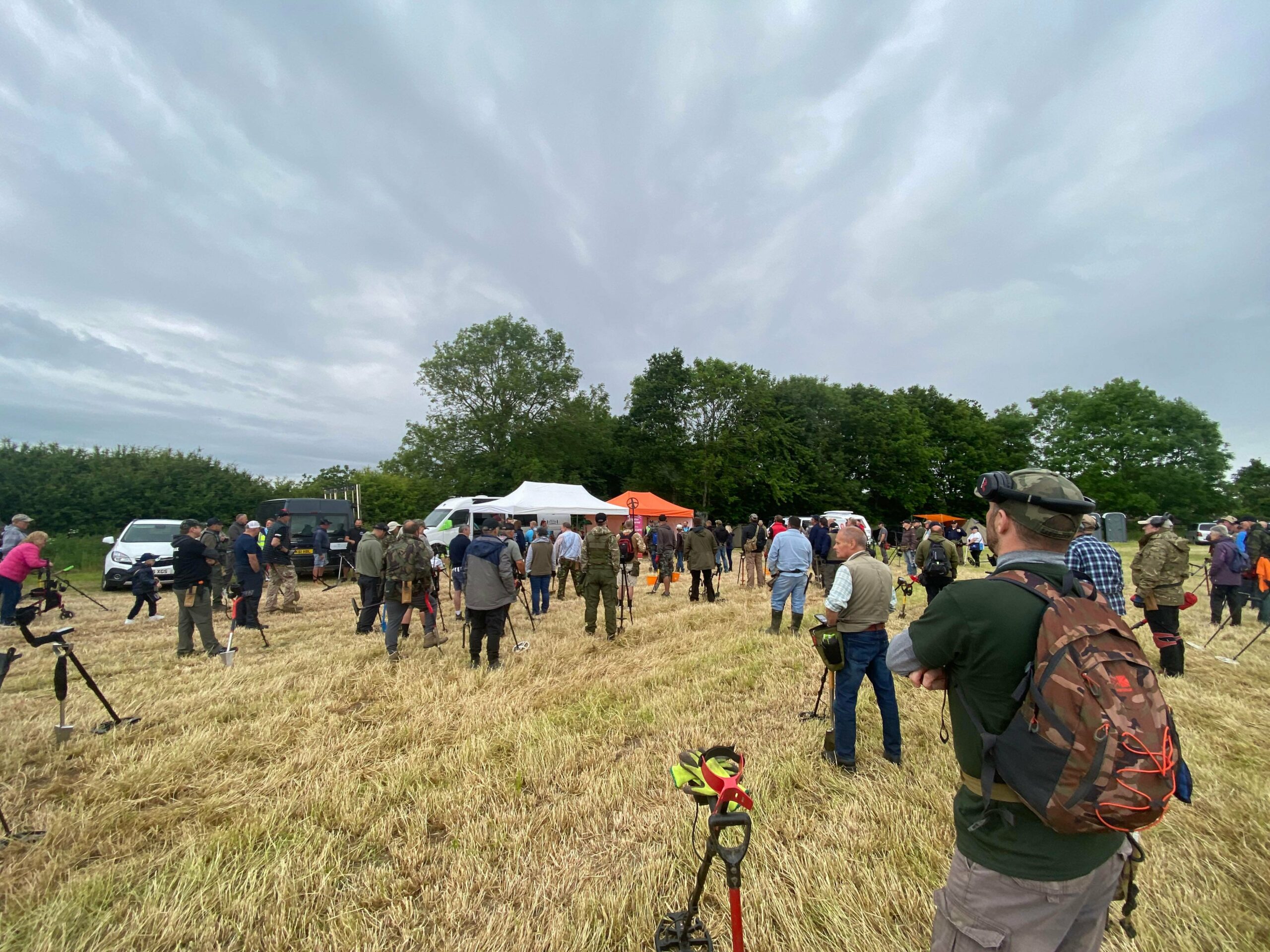If you’re new to the world of metal detecting, it can be challenging to know where to start. There are various metal detectors on the market, each with its own set of features and functions. How do you know which is the best metal detector for beginners? This article will look at some of the best metal detectors for beginners and what makes them ideal for those just starting.
One of the best metal detectors for beginners is the Garrett Ace 200i. This metal detector is easy to use, with a user-friendly control panel that makes it simple to operate. It’s also lightweight and compact, so you can take it wherever you go. The Garrett Ace 200i also has many helpful features, including a coin depth indicator, target ID with numerical readout and adjustable discrimination control.
-
Garrett ACE 200i Metal Detector
£190.94,-
If you’re looking for a metal detector specifically designed for children, check out the Garrett ACE 200iC. This metal detector is specifically designed for children ages six and up, making it the perfect choice for families who want to get started in metal detecting. Its shortened stem makes it ideal for juniors. The Garrett Ace 200iC detector is easy to use, with sensitivity and a discrimination control that makes it simple to find artefacts, coins & jewellery. It also comes with a built-in speaker & also a headphone jack so that you can hear the detector with or without headphones.
/sho
If you’re looking for a more affordable option, the Garrett Ace 300i is a great choice. This metal detector is priced under £270, making it an excellent option for those on a budget. The Garrett Ace 300i metal detector is easy to use, with preset modes of discrimination that make it simple to operate. It also can override the presets, allowing you to adjust the settings depending on what you are looking for, along with sensitivity adjustment for depth, frequency shift for removing the interference, and a pinpoint mode.
The Garrett Ace Apex metal detector comes with a number of helpful features, including an LCD that indicates the probable type of metal you’ve found, a pinpoint mode that helps you locate targets more accurately, and, if required, optional wireless headphones that allow you to listen to the sounds of the metal detector without disturbing others. The Garrett Ace Apex is also lightweight and easy to operate, making it an excellent choice for an intermediate/ experienced user whether detecting inland, dry sand or, very importantly, able to handle wet salt sand with ease.
-
Garrett Ace APEX with 6" x 11" Viper Coil + Free Pro-Pointer
Garrett ACE APEX with Viper coil.
£455.95. -
Garrett Ace APEX with 6x11 Viper and 8.5x11 Raider Coil
Garrett Ace APEX 6x11 Viper and 8.5x11 Raider coils.
£608.95. -
Garrett Ace APEX with 8.5" x 11" Raider + Free Pro-Pointer
Garrett Ace APEX metal detector with 8.5"x11" Raider™ coil, coil cover.
£455.95.
Garrett Ace 400i metal detector with Waterproof 2D Coil is another fantastic choice. Operating at 10kHz frequency, better sensitivity will be provided to low and medium conductivity targets such as gold and lead. The ‘Frequency Adjust’ feature allows you to quickly toggle between slight frequency shifts helping eliminate interference from other detectors or sources of interference such as overhead power lines. Together with advanced iron audio mode, this is a feature-packed machine.
No matter what your budget or experience level, we have a metal detector that’s perfect for you. Start your metal detection journey. Shop your new metal detector here.
